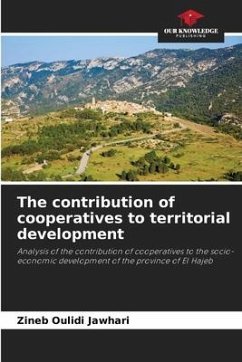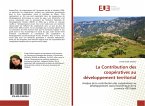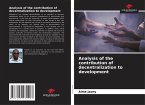Today, social and solidarity economy (SSE) organizations, particularly cooperatives, are increasingly important to the economic, social and political fabric of Morocco. In fact, they represent an important part of the country's economic and social development programs. Their attractiveness has increased notably with the launch of the National Initiative for Human Development (INDH) in 2005, which gave new life to social entrepreneurship. This has resulted in a dramatic increase in the number of cooperatives with a rate of over 220% between 2005 and 2015. Given the benefits that this sector generates in the development of human beings as well as fragile territories and its weight in the economic and social fabric of the country, our work attempts to concretely assess the contribution of cooperatives to the socio-economic development of their territory. To do this, we opted for a qualitative approach to exploratory character, based on semi-directive interviews conducted with the leaders of cooperatives studied in the province of El Hajeb.
Bitte wählen Sie Ihr Anliegen aus.
Rechnungen
Retourenschein anfordern
Bestellstatus
Storno








